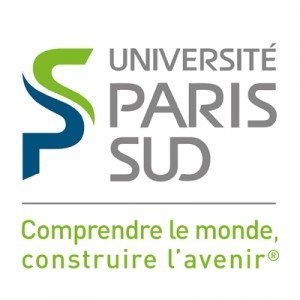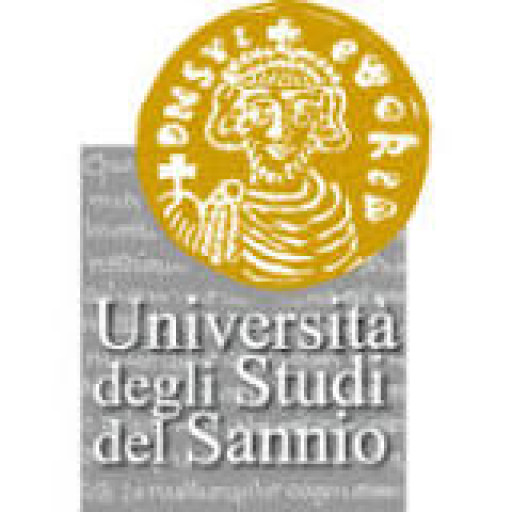Photos of university / #uabbarcelona
In 2013-2014 a new study plan for this master'sdegree has been put in place, which offers several advantages over the previous one. Among the strengths of this new version of the master'sdegree are:
* New modules designed taking into account the first batch of new students from the university's bachelor's degree programmes,
* elimination of itineraries and specialisations,
* removal of overlaps with modules of other master's degrees,
* teaching in English,
* theory concentrated in the first semester, which means that the second semester is totally free for work on the research paper. This allows study periods that can be spent outside the UAB's area of influence.
Career options
Professional career options include:
* Hospital genetics
* Clinical genetics
* Evolutionary medicine (a new evolving speciality)
* Pre- and postnatal (including preimplantational) genetic diagnosis centres
* Genetic service firms (sequentiation, microarrays, genome analysis, bioinformatics)
* Science equipment firms
* Genetic consultancy
* Science police
* Quality control for the food industry (detecting transgenics, etc.)?
* Genetic improvement of animals or plants
* Pharmaceutical industry and related industries (evaluation of genotoxicity, etc.)
* Biotechnology industry (production of transgenics, recombinant proteins, specific gene therapy vectors, etc.)
* Environmental / ecological diversity / conservation institutions and consultants (zoos, natural parks, etc.)
* conservation and reproduction of animal and plant species
* Writing up and translating specialised scientific articles (newpapers, publishing houses, etc.).
* Working in official and private research centres.
* Teaching (universitary and secondary school level).
The Master'sDegree in Advanced Genetics covers two semesters, the first of which comprises theoretical content only, leaving the second semester for the experimental work (external work placement) and the master's dissertation. This distribution is meant to facilitate students' work, avoiding the need to combine attendance at the placement centre, which can be some distance from the Bellaterra campus, with classes for the theory modules at the Faculty of Biosciences, on the campus itself.
While the content of the second semester is compulsory for all students, in the first semester there is a degree of optionality so that students can choose modules according to their own interests within the field of Genetics. One compulsory module has been programmed that cuts across the whole curriculum, presenting the latest advances in genetics through seminars on plant genomics, genetics for development or other areas that are not included in the other course modules.
Learning outcomes for the students will be defined by their success in integrating course contents in their final dissertation, the knowledge of theory acquired in the different modules and the methodologies developed in the practical sessions.
The experience accumulated in organising this master'sdegree allows us to offer a wide variety of centres, where students can choose the subject areas that best fit in with their chosen career. It is significant that in metropolitan Barcelona there is considerable genetics-related research and professional activity, so that students can opt to carry out their placement with a firm, a university department, or one of the many research institutes working in agriculture, veterinary science or public health.
Study plan structure
Type / Credits
* Compulsory / 18
* Optional / 12
* Master Thesis / 15
* External Practicum / 15
TOTAL - 60
Audience
Ideal student profile
Ideally, new students will have graduated in Genetics at the UAB, but the profile of those who have graduated in other disciplines at the Faculty of Biosciences of the UAB (Biomedical Sciences, Biotechnology or Biology) is also suited to the content and objectives of the master's degree inAdvanced Genetics. The profile of graduates in Biology or a similar subject from other Spanish universities is also appropriate. Similarly, the Master's degree is suitable for students of Veterinary Science and Medicine.
Apart from their educational background, the students should be highly motivated, both in exploring the theoretical aspects of Genetics and in how Genetics can help solve many of the problems faced by today's society. The ability to work in a team is also required, not only because experimental work is always done in a group, but because solutions can often be found only by interacting with other specialists, whether in Genetics or in other fields. Finally, the Master's degree has a heavy workload, so a high level of dedication is required.
Access to this master'sdegree is open to holders of an official bachelor's degree from a Spanish university or from another higher education institution within or outside the European Higher Education Area, provided this gives access to postgraduate studies in the country of issue.Admission requirementsCandidates for this master's degree must: * have a degree in Biosciences, Medicine, Pharmacy or Veterinary Science; * have taken a subject related to Genetics (in general, or a specific area) as part of their degree; * have a level in English of B1 on the Council of Europe's Common European Framework of Reference for Languages.The committee will interview those who cannot certify that they have level B1, in order to ensure that they would be able to follow the classes without difficulty.Selection criteriaOnce admission is granted, places will be allocated according to the following criteria:1. Academic transcript (70%).2. Curriculum vitae (20%).3. Personal interview (10%).The committee will interview those who cannot certify that they have level B1, in order to ensure that they would be able to follow the classes without difficulty.
Specific grants for this master's degree
At the UAB grants' website you will find information on financial aids, grants, competitions, prizes and subsidies for the university community. The portal includes aids offered by UAB and calls from other institutions that may be an interest for students.










